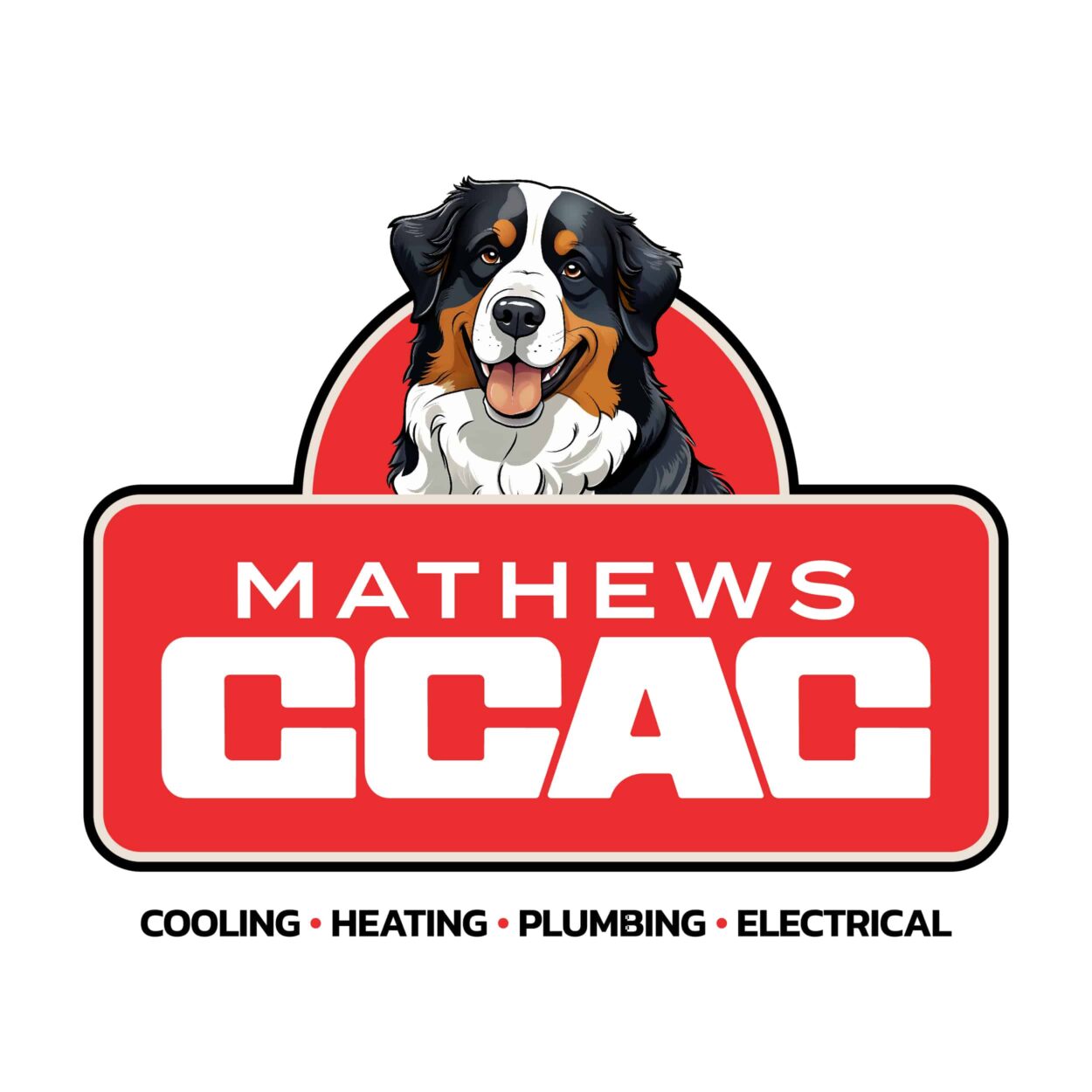For greater home safety and comfort, annual scheduled maintenance is important when operating a furnace in your Coastal Bend home. While furnace noises and unusually high energy costs signal problems that need to be addressed, certain furnace odors and smells should not be ignored under any circumstances.
Dangerous odors
The faint scent of burnt fuel is not unusual coming from oil- and gas-fueled furnaces. However, the smell of unburnt fuel requires immediate attention. Natural gas is odorless, so a compound is added by utility companies to make the gas detectable if a leak occurs. Unburnt natural gas, which is extremely dangerous, smells like sulphur – rotten eggs.
If you detect this smell from the furnace, leave your home immediately. Do not turn on or turn off any electrical switches, which may spark an explosion. And, do not use a land-line phone or cell phone inside your home. Once you are safely outside, call the fire department from your cell phone, or perhaps a neighbor’s phone.
Odors from leaking oil don’t pose an immediate threat as does natural gas, but the problem should be dealt with quickly by calling your HVAC professional.
Electrical odors
Furnaces contain electrical components to move heated air and start the fuel-combustion process. If these electrical components aren’t well maintained, they will eventually fail, which may result in electrical odors.
Electrical odors from the furnace often smell like an overheating iron. If you detect this odor, call your HVAC pro immediately. Tip: Check your furnace filter regularly, and change it when it gets dirty, to help reduce strain on electrical components, and to boost efficiency.
Burning odor
Dust collects inside the combustion chamber when the furnace isn’t in use. When the furnace starts up after a prolonged period of inactivity, the dust burns off and creates a burning odor. A dirty air filter contributes to this type of odor, too.
Keep in mind that not all furnace problems produce odors. A cracked heat exchanger can leak deadly carbon monoxide (CO) inside your home. Make sure that you have CO detectors properly installed.
For any questions about operating a furnace safely in your home, please contact us at CCAC, Inc. in the Coastal Bend area.
Our goal is to help educate our customers in Corpus Christi, Texas about energy and home comfort issues (specific to HVAC systems). For more information about furnace smells and other HVAC topics, download our free Home Comfort Resource guide.
Image courtesy of Shutterstock












